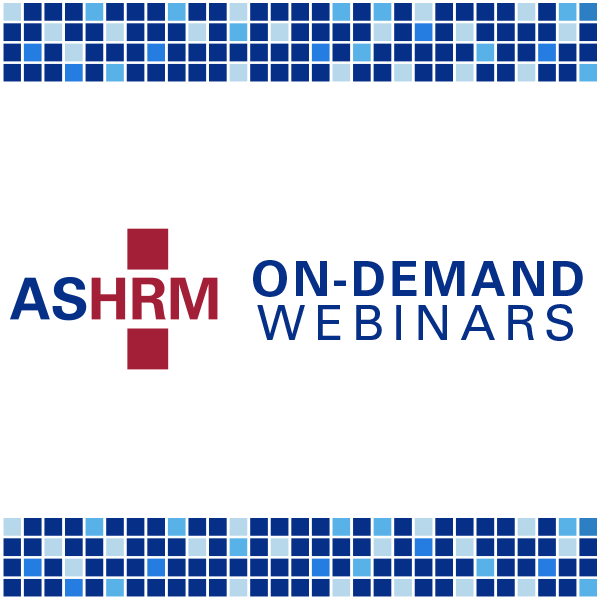Criminalizing the Honest Reporting of Mistakes: Where Do We Go After the Precedent-Setting Conviction of RaDonda Vaught?
Member: $39.00
ASHRM CE Credit: 1.0
This webinar will discuss how health care risk, quality, and safety professionals overcome this precedent-setting conviction when this case has been labeled as “criminalizing the honest reporting of mistakes.”
Discover what efforts and innovative models hospitals and health systems are implementing to create physical and psychological safety, retention, and recruiting while overcoming the impact of the precedent-setting conviction of RaDonda Vaught.
On March 25, 2022, a jury found Tennessee Nurse RaDonda Vaught guilty of criminally negligent homicide and abuse of an impaired adult. The former Vanderbilt nurse self-reported the fatal medication error in December 2017. She publicly stated she had become “complacent” in her job and “distracted.”
This webinar will discuss how health care risk, quality, and safety professionals overcome this precedent-setting conviction when this case has been labeled as “criminalizing the honest reporting of mistakes.” How does this case impact our enduring nursing staffing challenges exacerbated by the pandemic and the public- social media reactions? We will analyze the importance of trust and culture in organizations to rebound from this event. Finally, we will share what efforts are already underway to overcome the impact of this event.
Objectives:
- • Analyze the impact of culture and trust on patient safety and retention.
- • Examine the systemic issues leading to the fatal medication error.
- • Describe what efforts are underway to overcome the impact of this event.
| Product Code | 322001OD23 |
| ASHRM CE Credits | 1.0 |
| CNE Credits | 1.0 |
| Domain | Clinical Patient Safety |
| Level - Foundational (F), Practitioner (P), Advanced (A) | P |
| Publication Date | 2/06/23 |
| Next Review | 7/1/24 |
| Credit Expires | 7/1/25 |
For questions regarding this webinar, contact ASHRMEd@aha.org
Speaker Bio
Kathryn Biasotti credits over 30 years of experience in health care operations and administration for the successful launch of her career as a health care consultant. Her expertise in risk management, patient safety, medical staff affairs, corporate compliance, employment practices, and quality improvement serves as the foundation of her practice. Helping hospitals meet and exceed their organizational goals drives her agenda. In addition, Ms. Biasotti excels as a hospital and nursing standard of care expert witness, serving in over three dozen cases with early dismissals and low monetary settlements to her credit. In addition, she provides Interim Risk and Quality Leadership. Her consulting practice also embraces the development of educational programs for those in the industry. Such programs include Just Culture, event investigations, mock depositions, and standard of care and ethics for nurse graduates and medical assistants. To facilitate work with legal professionals, she crafted health care terminology 101 for attorneys. Her breadth and knowledge of core issues are complemented by her exceptional communication and mediation skills. Ms. Biasotti encourages you to contact her with any questions or comments at kathryn@kbconsulting.work.


